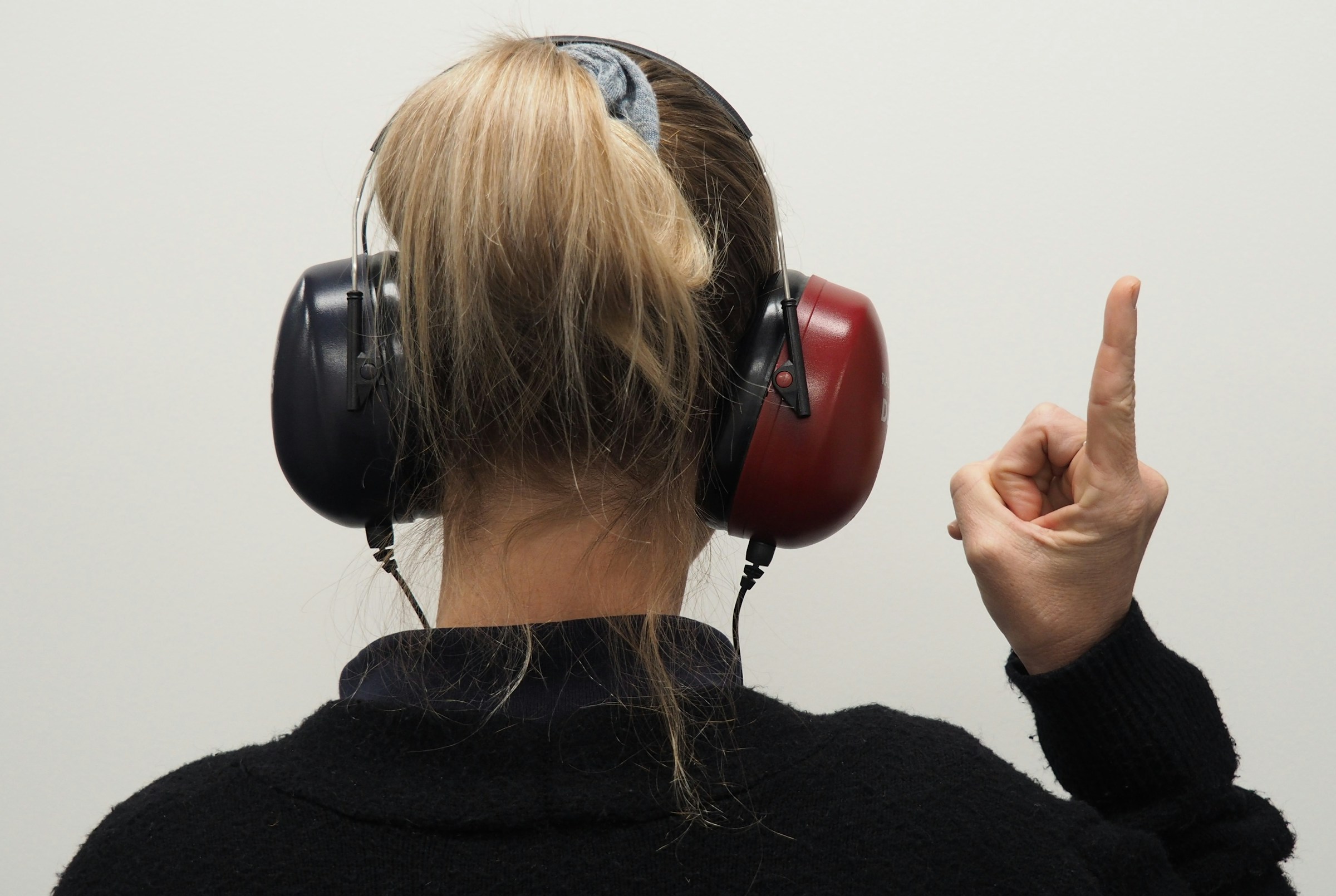
We often prioritize our overall health, from annual physicals to regular dental cleanings, but one area that tends to be overlooked is our hearing.
Regular hearing check-ups are just as important to maintaining your health. Hearing loss can sneak up on you gradually, and detecting it early can prevent further deterioration and improve your quality of life.
Hearing is one of our most important senses. However, as we age, our hearing naturally declines, and dangerous noise exposure can accelerate this process.
Many people don’t realize the full extent of their hearing loss until it's significantly progressed. Hearing loss doesn't happen overnight. It’s often gradual, so you may not notice it until it's already affecting your daily life.
By prioritizing regular hearing check-ups, a hearing health professional can spot early signs of hearing loss before it becomes severe. Early detection means early intervention, which can include hearing aids, therapy, or simple lifestyle changes to prevent further damage.
Unchecked hearing loss can worsen over time, and without proper care, it may lead to irreversible damage. Regular hearing check-ups ensure that if there is a problem, it can be managed or treated before it becomes more serious.
Hearing health professionals can also recommend hearing protection strategies, such as custom earplugs, to prevent further deterioration caused by loud environments.
For most adults, a baseline hearing check-up in your 20s or 30s is a good start, even if you don't have any noticeable hearing issues.
This baseline test gives your hearing health professional a reference point to track any changes in your hearing over time.
After the age of 50, it’s recommended to have a hearing test every 5 years until they are 65-years-old. At age 65, hearing screening should be done every 1 to 3 years.
Or, if you notice signs of hearing loss, don’t wait—schedule a hearing check-up as soon as possible.
According to Alberta Health Services, hearing loss is the third most common chronic physical condition for adults after arthritis and heart disease.
Common symptoms include:
- Frequently asking people to repeat themselves.
- Turning up the volume on your TV or phone louder than usual.
- Difficulty following conversations in noisy environments.
- Feeling that others are mumbling or speaking unclearly.
- Ringing or buzzing in your ears (tinnitus).
At Academy Hearing, we’re here to help you protect and preserve your hearing for years to come.
Whether you’re experiencing symptoms of hearing loss or simply want a baseline check, our team of hearing health professionals are ready to provide expert care.
Schedule your hearing check-up today and take the first step toward better hearing health!
No content on this site, regardless of date, should ever be used as a substitute for direct medical advice from your doctor or other qualified clinician.
-5.png)
Adopting hearing aids early — when hearing loss begins to affect daily life — offers several powerful benefits. Delaying hearing aid use can also have unintended consequences — some of which are hard to reverse later. Here...
Read More-4.png)
One of the biggest questions around hearing aids is how to pay for them, which agencies provide assistance, and who qualifies for which assistance. Let’s break it down! Alberta Aids to Daily Living (AADL) This is...
Read More
Introducing Our New Financing Options At Academy, we are committed to providing our clients with the best possible service and support. We’re excited to introduce our new financing partner Humm to make it easier than ever to get the...
Read More